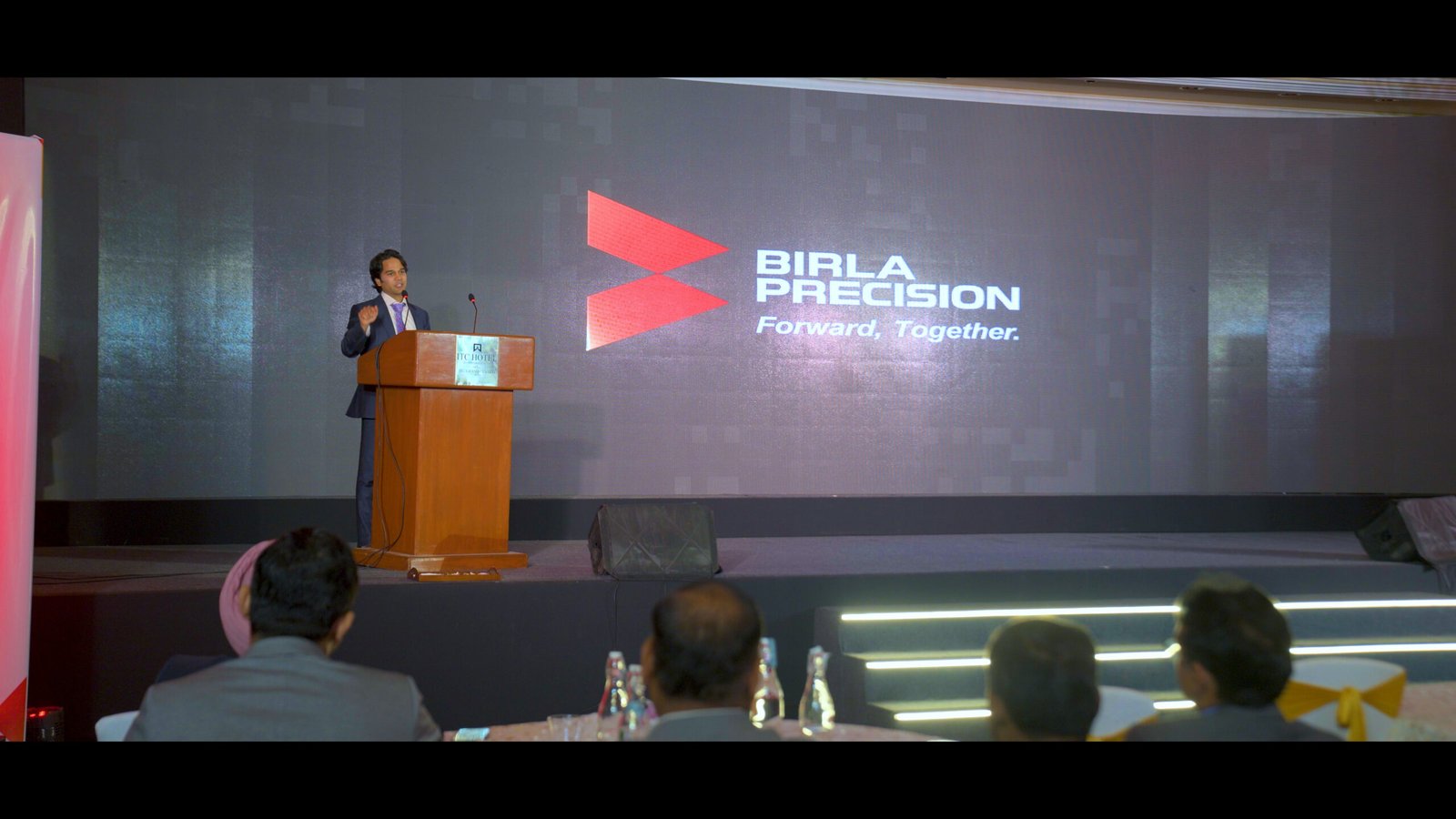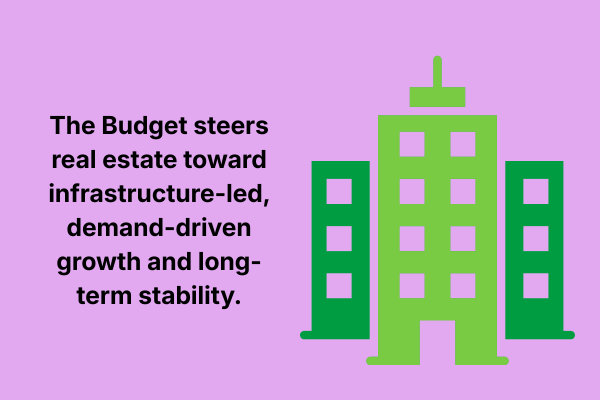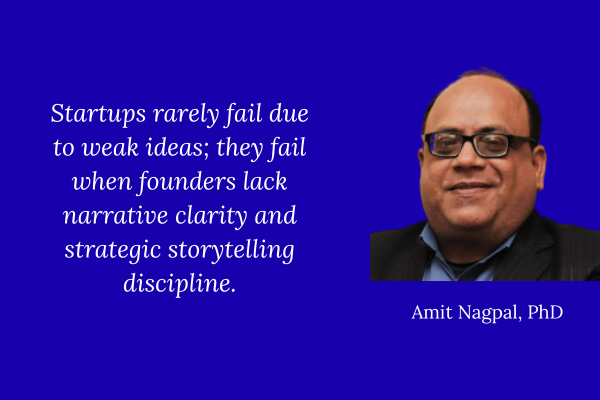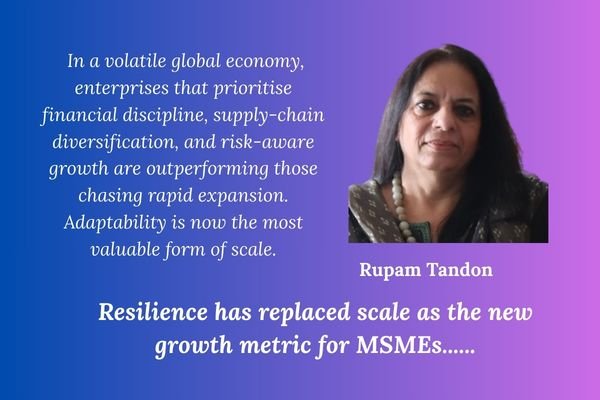Oil-rich Middle Eastern economies are in a significant transition period, diversifying their economic activities in a broad-based manner. Traditionally reliant on oil and petroleum, these nations are now shifting their focus to non-oil sectors to build more resilient and diversified economies. This strategic pivot is essential for achieving long-term goals of sustainable development, job creation, and expanding opportunities for their populations.
The new economic path involves investing heavily in various industries such as tourism, finance, technology, renewable energy, and manufacturing. By doing so, these countries aim to reduce their dependence on oil revenues, which can be volatile and subject to global market fluctuations. Diversifying the economy helps to stabilize income streams and promotes more balanced economic growth.
Sustainable development is a key priority for these transitioning economies. By fostering sectors like renewable energy, Middle Eastern countries are not only addressing environmental concerns but also positioning themselves as leaders in the global movement towards greener energy solutions. This transition supports global sustainability efforts and enhances the long-term viability of their own economies.
Job creation is another critical objective of this economic diversification. As non-oil sectors expand, they create new employment opportunities for local populations. This is particularly important in regions with high youth unemployment rates. By providing diverse job prospects, these economies can better harness the potential of their young, educated workforce, fostering innovation and growth from within.
Creating more opportunities is integral to this economic transformation. Diversification encourages entrepreneurship and small business development, which can drive economic dynamism and resilience. It also opens up new avenues for international investment and trade, as these economies become more integrated into the global market.
The transition of oil-rich Middle Eastern economies towards a more diversified and broad-based economic model is crucial for their future prosperity. This shift supports sustainable development, generates employment, and expands opportunities, paving the way for a more stable and inclusive economic landscape.
Author Profile
Latest entries
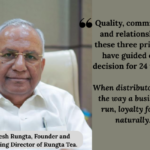 Business2 January 2026Rungta Tea Marks 24 Years with 92% Distributor Retention, Outlines Ambitious Expansion
Business2 January 2026Rungta Tea Marks 24 Years with 92% Distributor Retention, Outlines Ambitious Expansion Business18 October 2025Start Your Drone Business: Aquiline Drones Franchise Program for Veterans
Business18 October 2025Start Your Drone Business: Aquiline Drones Franchise Program for Veterans Doing business3 June 2025India’s Q-Commerce Growth Underscores Market-Driven Innovation: Siddharth Shankar
Doing business3 June 2025India’s Q-Commerce Growth Underscores Market-Driven Innovation: Siddharth Shankar Business15 May 2025World MSME Day: A Global Commemoration of Entrepreneurial Vitality
Business15 May 2025World MSME Day: A Global Commemoration of Entrepreneurial Vitality
